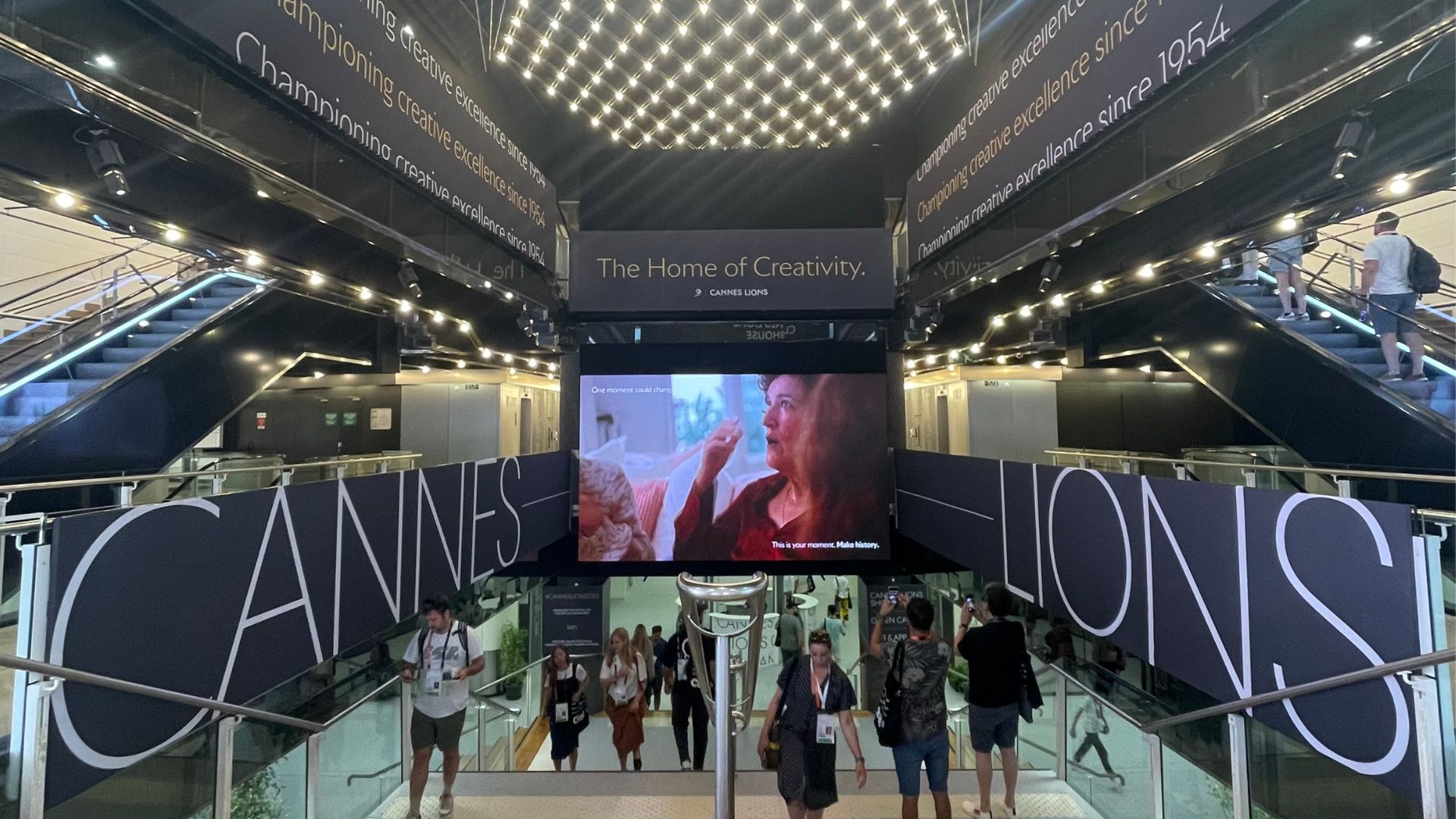If great work were the only requirement for winning industry awards, we would all have more trophies on our shelves and plaques on our walls than you could shake a stick at. We do great work just about every single day, after all.
But actually winning recognition from our competitors and clients as the architects and builders of campaigns that rise above all of the other presumably great efforts requires a bit more. And after participating in six different national and international competitions this year alone, I am starting to get an idea of what separates the winning entries from better-luck-next-year submissions.
 In fact, right now I’ve just finished chairing the PR jury for the 2011 Eurobest competition (regional version of the global Cannes Lions), where we evaluated nearly 140 campaigns from every corner of Europe. The differences between the best and the rest became quite clear, quite early, and I think they can be boiled down to five key points:
In fact, right now I’ve just finished chairing the PR jury for the 2011 Eurobest competition (regional version of the global Cannes Lions), where we evaluated nearly 140 campaigns from every corner of Europe. The differences between the best and the rest became quite clear, quite early, and I think they can be boiled down to five key points:
- First, you have to play to win. Sounds obvious, but much of our best work never finds it way to a formal competition. We think clients won’t allow it (rarely the case), that we don’t have time (often the case, but winning has a price, like a weekend), or that we’ll get around to entering next year (except we don’t). The work reviewed here in Lisbon was very good — some of it was amazing. But I can think of a half-dozen campaigns from within Ketchum that were better. They just never made it to the starting line.
- Second, winning entries tell a story. Epic poetry is not required, but a compelling tale in which (a) the brand or company or cause is the hero (not the account team) that (b) overcomes a business challenge (low budgets usually don’t count) through (c) a cleverly and creatively executed idea that results in (d) a happy ending with measurable outcomes is much more likely to win than others. Our work often involves a lot of things important to the client but not relevant to the plot. Leave them out, get your hero to a demonstrably better place a result of a good idea, and your odds of winning will skyrocket.
- Third, plan to win. Sure, some awards are given to campaigns justified with hindsight and great writing. But a better bet is to think of those award-winning moments BEFORE the work is complete, and collect the supporting data, research, insights, creative routes AS they come in. It will be much easier to cut them down and to glean a central theme or thread than to reconstruct one after the fact.
- Fourth, collaborate. Most judges — especially those from client organizations — love work that shows different parts working together in an integrated way. Involve other agencies or players who helped with a campaign’s design and execution. You’ll have a better story to tell, and generosity with credit is easy and inexpensive to spread around.
- And five, learn from the winners (and losers). Yes, there will be some we believe don’t deserve to win. And some truly great work won’t get the recognition it deserves. But every winner shines for a reason. Study those that do and think about how you can apply what works to your own entries next time. For those that deserve to win but don’t, give them a hard look to see where they could be improved.
Winning isn’t easy, but it’s not a mystery either. You’ve done the hardest part — the actual work. Now you just need to give it a chance to be noticed.


